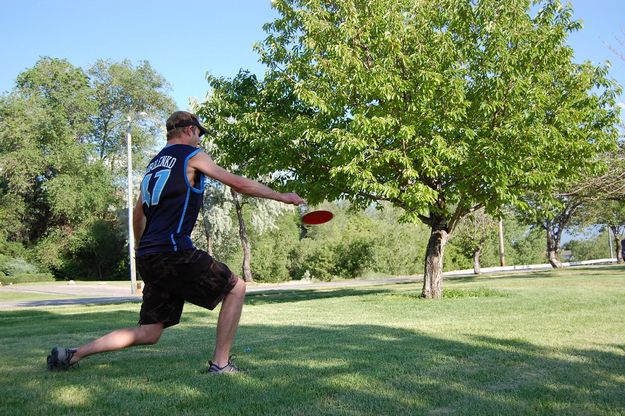 |
Facts
Duration: 1 semester
Period: Spring (2) Semester
Credits: 6 ECTS
Contact Hours: 84
Self-study: 132
Hours: 216
|
Main Objectives
- formation of students' knowledge and practical skills to monitor physical state of a man of different age and gender during special recreational and tourist activities;
- teaching students how to use knowledge and skills in order to monitor physical state of different socio-demographic groups of people;
- mastering the survival techniques in natural environment and in emergency conditions, in providing first aid and organizing rescue units before the MES arrival in the process of sports, recreational and tourist activities.
Learning Outcomes
Formation of competence:
professional:
- PC-6. Ability to define priorities in the preparation of athletes for solving professional problems, taking into account their specific features;
- PC-11. Ability to control physical and mental state in order to improve the effectiveness of coaching;
- PC-21. Ability to control and monitor the activities of sports organizations and the external environment in order to use this information for the development of the organization.
Professor
Leonid V. Kapilevich
Course annotation
|
Course unit code |
Specialization 49.04.01 Physical culture |
||||||
|
Course unit title |
Monitoring of physical state |
||||||
|
Name(s), surname(s) and title of lecturer(s) |
Professor Leonid V. Kapilevich |
||||||
|
Level of course |
Master |
||||||
|
Semester |
2 |
||||||
|
ECTS credits |
6 |
||||||
|
Working hours |
Classwork |
84 |
|||||
|
lectures |
28 |
||||||
|
seminars |
|||||||
|
practical classes |
56 |
||||||
|
laboratory classes |
|||||||
|
consultations |
|||||||
|
Self –study |
132 |
||||||
Total |
216 |
||||||
|
Work placement |
none |
||||||
|
Language of instruction |
English |
||||||
|
Prerequisites |
To study the discipline "Monitoring of physical state" students need to know human anatomy, physiology, sports-oriented physiology, biochemistry, sports biochemistry, age morphology. This knowledge must be obtained at the stage of undergraduate program (specialists program) and confirmed by bachelor's degree (specialist’s degree) in the corresponding direction and /or by the results of entrance examinations to master program |
||||||
|
Objectives of the course |
Learning outcomes |
Student’s assessment methods |
|||||
|
Formation of competence: professional: PC-6. Ability to define priorities in the preparation of athletes for solving professional problems, taking into account their specific features. PC-11. Ability to control physical and mental state in order to improve the effectiveness of coaching. PC-21. Ability to control and monitor the activities of sports organizations and the external environment in order to use this information for the development of the organization. |
Presentations, tests and written exam. |
|||||
|
Teaching methods |
Lectures, group work, delivery of individual presentations, self-study of references. |
||||||
|
Content of the course |
Title |
Lecturers (academic hours) |
Self-study (academic hours) |
||||
|
6 |
6 |
|||||
|
3 |
9 |
|||||
|
3 |
9 |
|||||
|
6 |
6 |
|||||
|
6 |
6 |
|||||
|
6 |
6 |
|||||
|
6 |
6 |
|||||
|
6 |
6 |
|||||
|
6 |
6 |
|||||
|
6 |
6 |
|||||
|
6 |
6 |
|||||
|
6 |
6 |
|||||
|
6 |
6 |
|||||
|
6 |
6 |
|||||
|
6 |
6 |
|||||
|
TOTAL |
84 |
132 |
|||||
|
Assessment requirements |
Student’s skills in this subject will be evaluated by means of presentations at the seminars, written tests and final examination. |
||||||
|
Assessment criteria |
The assessment of the presented works is carried out by the following criteria: – compliance of the contents to a subject; – existence of logical communication of stated information; – compliance of registration to requirements; – accuracy and literacy of a statement; – work is handed over in time. |
||||||
|
The composition of final accumulative mark |
Final accumulative mark consists of individual task – 20 %, group case analysis and presentation – 30 %, exam – 50 % |
||||||
|
Course outline arranged by |
The Department of Recreational tourism, Sports physiology and Medicine, Faculty of Physical Education |
||||||
.png)